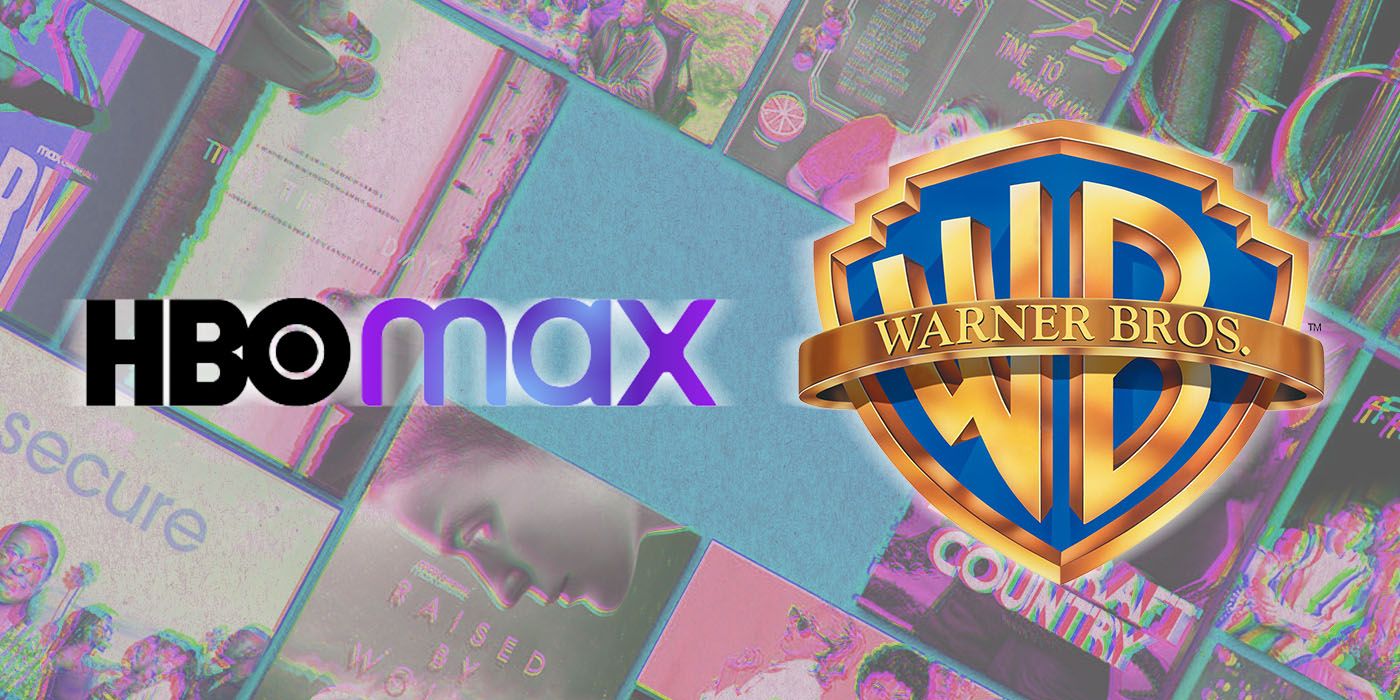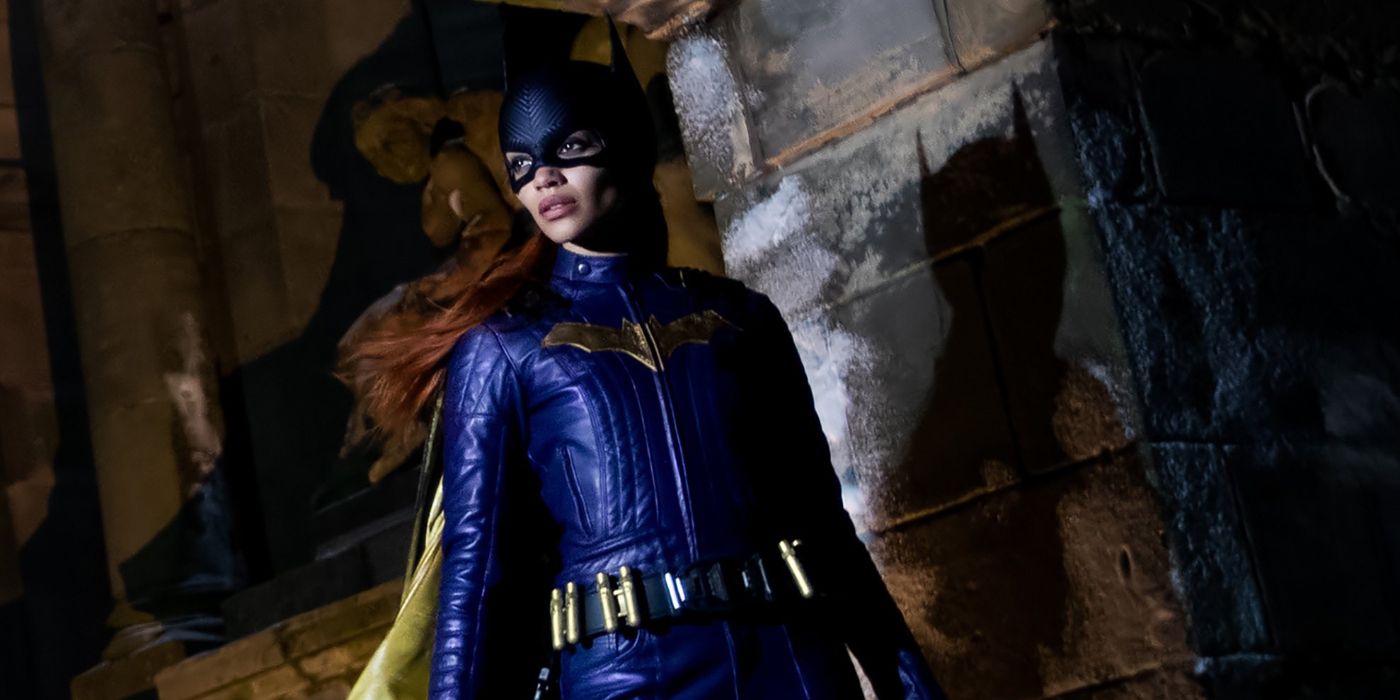Since Discovery Communications and WarnerMedia gave birth to Warner Bros. Discovery, the new company has had a terrible time. The most recent problem is again focused on the HBO Max streaming service, but the investor lawsuit is probably less about shady business practices and more an unforced error by a company now playing the game at a level it wasn't prepared for.
The investor group suing the company is an Illinois-based police pension fund whose members originally invested in Discovery. They "traded" those shares for shares of the new company, which have been declining. Their legal action follows a series of bad news cycles for WBD related to the studio's HBO Max content purge -- a desperate attempt to alleviate debt using unique post-merger business practices. Despite the company's success in the cable and streaming world, Warner Bros. and all its properties are at a much higher level in the corporate media game. Rather than being callous money-counters or purists for a certain vision of the DC Extended Universe, perhaps the folks at the top of Warner Media Discovery are in over their heads? Because the bundled AT&T subscriptions at the center of the lawsuit aren't news. They're part of the foundational story of HBO Max's struggle to gain ground in the Dance of the Streaming Services.
HBO Max's rollout to the public was overshadowed by the onset of the COVID-19 pandemic. From a ghoulish business perspective, a global lockdown should be a good time to launch a new service offering people the Warner Bros. movie and TV library. Yet it wasn't until the controversial decision to release the entire 2021 film slate on the service at the same time as movie theaters that HBO Max really took off. For that dismal first year, the bundled AT&T/HBO Max account was all the company had to brag about. The company announced that 12.6 million users activated their accounts at the end of 2020, according to Reuters. That meant they got a free year of HBO Max bundled with AT&T's DirectTV service, as well as cable services by Comcast and Charter Communications. Both the business and entertainment press devoted a mile of digital column inches to this strategy and what it meant for the future of the streamer.
The plaintiffs in this lawsuit apparently didn't follow the larger media business, instead relying on the information that WBD provided them. If the company didn't make clear how that particular deal worked (presumably the providers pay a discounted rate to HBO Max for each activation), that seems more like an oversight than a deception. Discovery+ had more than 20 million subscribers before the merger -- about a quarter of what HBO Max had at the same time. With all the HBO Max layoffs, it seems Warner Bros. Discovery is keeping the people they brought over from Discovery without giving them the proper support. The folks in charge of informing shareholders may simply lack the time or institutional knowledge to make the distinction between paid subscribers and those on a free trial paid for by a provider.
It's no surprise that fans are seeing ulterior motives when it comes to WBD's business practices. The cancellation of Batgirl felt like a deliberate statement against what would've been a historic film for representation in the DCEU. The purge of Sesame Street episodes to save on paying royalties had a "let them eat cake" vibe to it. To paraphrase Hanlon's Razor: Don't confuse a villainous agenda with overwhelmed desperation. The specifics of the lawsuit will be worked out in court or, more likely, through a settlement. But in the court of public opinion, it's starting to look like the folks in charge of Warner Bros. Discovery aren't motivated by any kind of grander plan.
This lawsuit highlights that Warner Bros. Discovery may have encountered a brand-new public relations problem. Instead of evil corporate geniuses, fans and the industry may see them as overwhelmed bunglers. In political TV show terms, they're now less House of Cards and more Veep. This storied studio that's home to countless beloved franchises can only go up from here -- because it's already fallen pretty far down.



